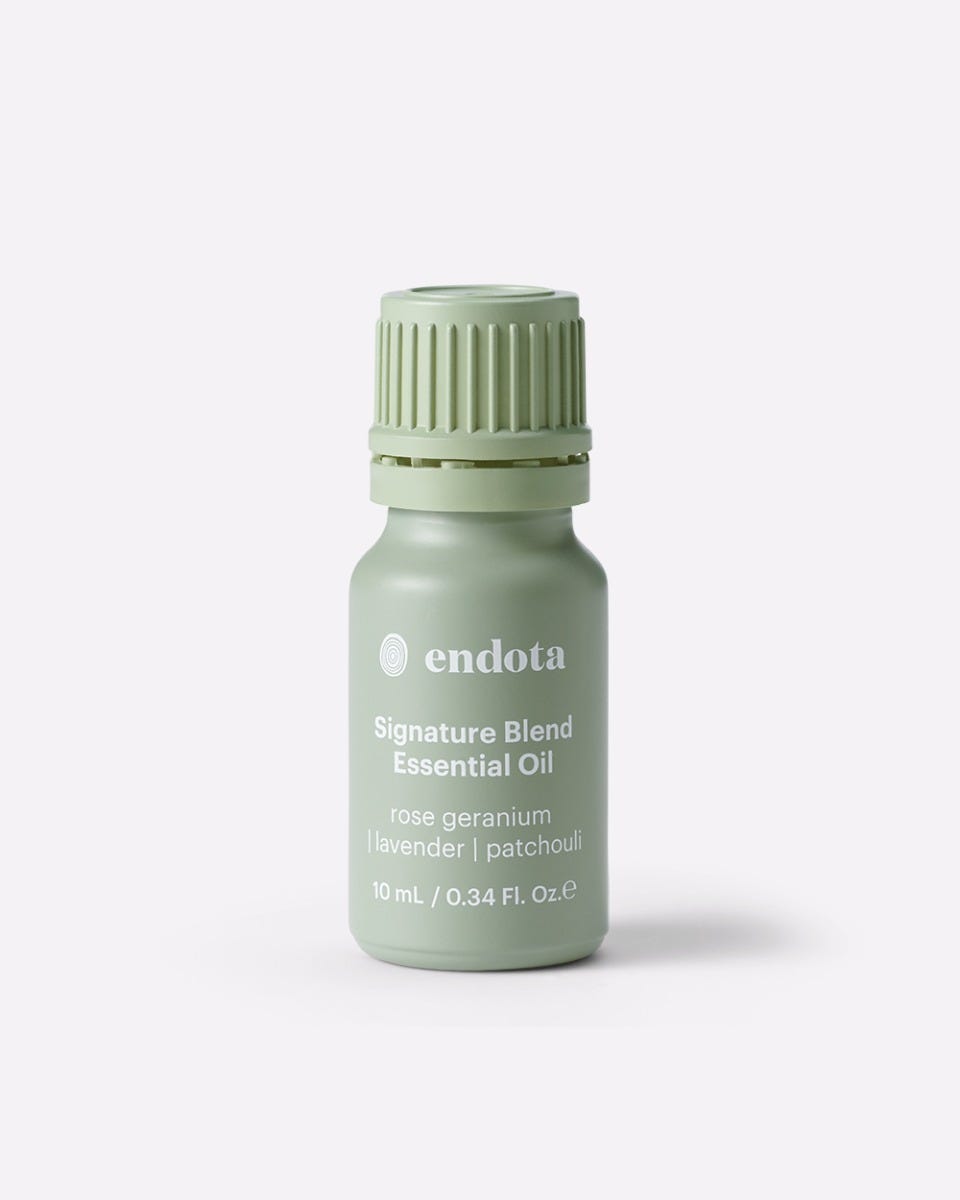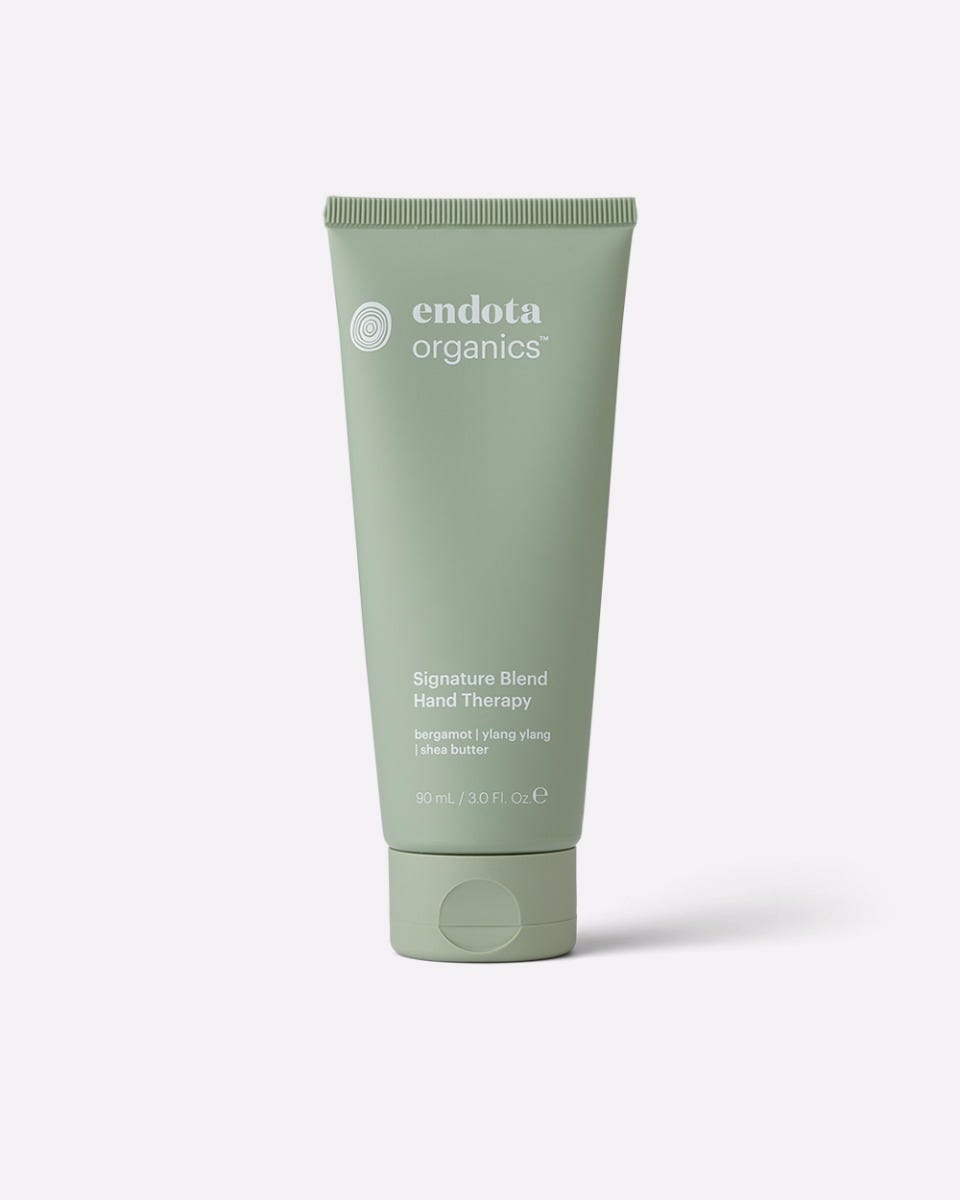Why prioritising you is the best way forward
The term ‘self-care’ is one we hear a lot these days. What does it mean to you? It’s likely to mean something different to all of us. Since we’ve been staying in a lot lately, many people might think it’s all about face masks, bubble baths and banana bread. It can be easy to associate self-care with the things we do solely for ourselves – to bring about relaxation and enjoy some ‘me’ time. And this is absolutely a part of it.

“But actions of self-care aren’t always comfortable, and they don’t always have to be about us. Self-care isn’t always self-centric.”
It’s not about giving up caring for others but rather ensuring you have the physical and emotional energy to lead a life that is fulfilling for you. And that’s never been more important than in these times – especially if you have recently been feeling the pressure to be a productive remote employee, home-school supervisor, and/or reassuring friend, parent or partner through a crisis.
When helping becomes a hindrance
A big part of being human involves contributing to the lives of others or the planet – and finding joy and fulfillment in that. This can bring as much (and sometimes more) joy as making time for yourself – and is proven to provide a buffer against stress.
However, if you constantly put the needs of others before your own, exhaustion, stress and resentment often follows. And this detracts from your health and happiness.
Physically, it usually starts with niggly little symptoms – little whispers from your body. You may notice your digestion isn’t optimal, or unpleasant recurring symptoms with your monthly cycle. Irregular sleeping patterns, or having trouble shifting body fat. And unless you get to the root of these issues, your body’s messages will become louder, making it more difficult to cope with your very full modern life.
The gift of the present
Mentally and emotionally, you may notice that you feel drained easily, experience emotional highs and lows, snap at loved ones, or just feel flat. Over the years, many women have shared with me that they wonder to themselves “is this it?”
Somewhere between expectations, pressures and responsibilities they’ve lost touch with what is important to them, who they truly are and what they want out of life. They may long for simpler times of the past, or wish life away – expecting to feel true happiness when they reach that next milestone. In the meantime, they miss the joys of the present.
If this resonates, please know that there is a positive way forward. I am not suggesting that anyone drop all their responsibilities and only care for their own needs to be happy – that’s not at all what self-care means. However, you do need to bring awareness to your priorities. Your actions and behaviours communicate those priorities: what you spend most of your time and attention on.
A good way to consider this is to try rephrasing “I don’t have time for…” to “that’s not a priority for me” and see how that feels. Whether it’s eating well, moving your body or getting enough sleep, consider how much value you currently place on this and what the flow on effects might be.
Nurturing yourself starts from within
It is hard to be patient and kind with yourself and others if you are living on foods that are virtually devoid of nutrients, and constantly propping up your energy with stimulants like caffeine.
Your body has a biochemical need for nutrients. If it’s not getting enough, this will have a flow on effect to your health as well as how you feel. Nourishing yourself means eating in a way that prioritises whole, real food and minimises processed and/or takeaway foods. Cooking and preparing meals at home doesn’t have to be complicated (simple meals can be incredibly nutritious) yet, for me, nourishment is an essential foundation of life.
Another part of unravelling all of this also involves exploring your perceptions – what is really at the heart of daily stress. How you perceive something can be the difference between it being stressful or enjoyable.
For example, when you are working through your daily to-do list, whether it’s packing a school lunch or making dinner for the family, if you flip “I have to…” to “I get to…” in your thoughts about it, this feels very different. This small tweak in perspective can remind you of the value in the little things (“my kids can go to school” or “we can eat together as a family”) and how you’ll look back with such fondness on the day-to-day family chaos and these small but significant caring actions you’re able to provide.

“Your body has a biochemical need for nutrients. If it’s not getting enough, this will have a flow on effect to your health as well as how you feel.”
The truth is, you can take care of yourself without compromising the way you care for others. Prioritising your own needs will benefit those around you as your energy and inner glow will increase as your health and vitality improves—and this will change how you relate to and interact with those you love most. This is especially relevant as we venture back out into the world again as restrictions ease. Be sure to prioritise yourself and your family, rather than trying to please everyone. If you’re not ready to go out to a restaurant yet, let your friends know. If you’d like to try a safe and gradual return to the office rather than working from home, speak to your employer. Communicating what you need to others honestly and constructively, is important for your own self-care.
Remember, it’s okay to ask for help and lean on your support networks. If you create space for others to step up, you will most often find them waiting in the wings to offer the love and support you provide for them in return.

Dr Libby Weaver (PhD) is one of Australasia’s leading nutritional biochemists with a desire to help people regain their energy and vitality through her books, live events, online courses and plant-based nutritional supplement range. Published in 14 countries and having sold over 450,000 books across New Zealand and Australia, she is a 13 times best-selling author and is regularly called on as an authoritative figure in the health and wellness industry.








